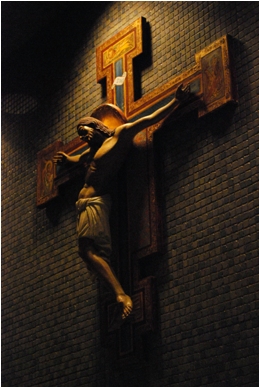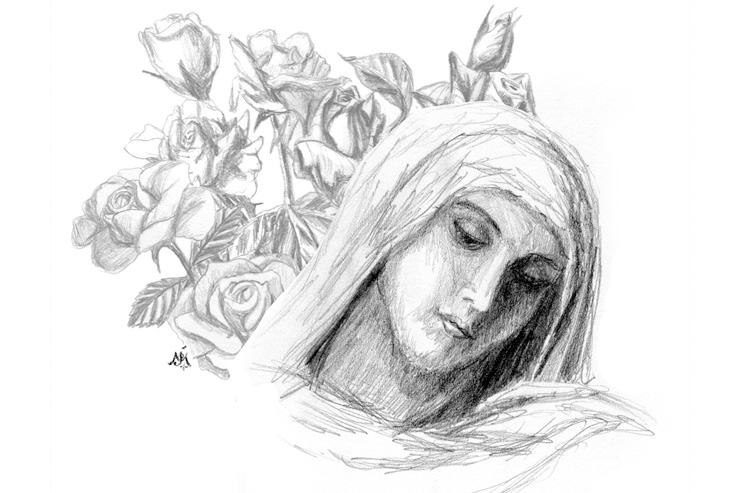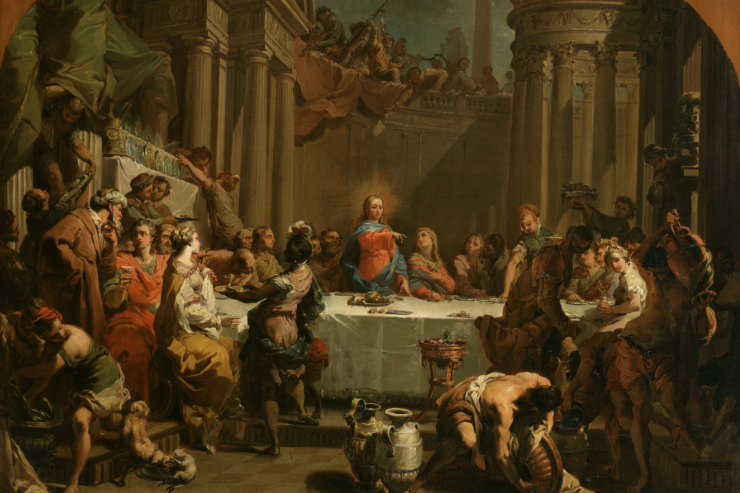
Photography by Andy Coan
So, you finally got up the nerve. At last, reservation after reservation was entertained and dismissed, and you took the risk of potentially alienating family members and provoking uncomfortable questions from co-workers. You decided to become the kind of member of the Catholic Church that will be known forever as the few, the odd, the converts.
When it’s used as a noun, the emphasis is on the first syllable; when it’s used as a verb, the emphasis is on the last syllable. In either case, when it comes to Catholicism, if you conVERT, even if you stay Catholic for the next fifty years of your life, you will always be known as a CONvert. Because of the culturally Catholic climate in many urban centers in the United States, it can be an extremely normal thing in some communities to be Catholic, but an extremely odd thing to actually become Catholic.
If you are a convert, expect to be asked probing questions about it every time you’re introduced as one. Unless you converted to appease your in-laws, chances are you have a thousand reasons for becoming Catholic; the person asking only wants one or two. Do what I do: give a different answer every time. Not only do you have the fun of keeping people guessing; you also have the thrill of revisiting all of those “aha!” moments that got you to finally sum up the nerve to sign on the dotted line.
Cradle Catholics often attest that converts know more about their faith than most Catholics. Depending on a particular convert’s path to the Catholic Church, this may or may not be the case. Those who have read their way into the Church by studying the Church Fathers and other Catholic thinkers tend to come from an evangelical Protestant background, and tend to bring evangelical Protestant fervor into the Church with them. Because Catholicism requires such a high level of commitment, a great number of converts (including those who are hounded to convert by their spouses) tend to do their homework before entering the Church, in contrast with the many cradle Catholics who never did their homework in Catholic school.
Cradle Catholics will often tell you that you know more than those who have been Catholic for a lifetime; get used to being seen as a bit of a novelty from time to time. Whatever you do, don’t get cocky; you know, deep down, that you didn’t know everything you had to know before you agreed to become Catholic- more likely, you know that you knew just enough to know that Catholicism had the answers to all the nagging questions that you saw unfulfilled in your life as a non-Catholic. There will be a temptation to either assume that the Church is right about everything from here on out, and stop searching, or to wonder if you’ve made the right decision, and treat Catholicism like a club you’ve joined but don’t have to agree with in every respect. The fact of the matter is, Catholicism is an awful lot like marriage; rather than closing yourself off to all other options, you’ve opened up a world of possibility based on a “yes” to God’s call rather than a mere “no” to all the things you’ve found dissatisfying to this point. Conversion is not the end of the discovery phase; it is the beginning. To fully live the reality, of your conversion, you have to see it as your chance to embrace Christ’s call to approach him as a child; with more questions than you’ve ever had, but also with more trust than you’ve ever had to accompany that inquiry.
Please help us in our mission to assist readers to integrate their Catholic faith, family and work. Share this article with your family and friends via email and social media. We value your comments and encourage you to leave your thoughts below. Thank you! – The Editors












